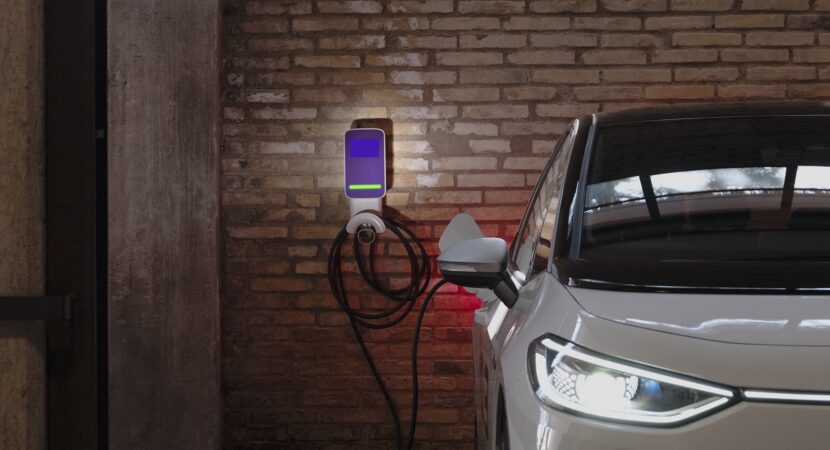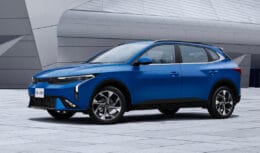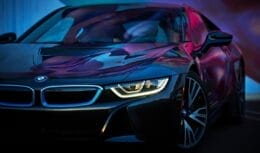
Although extremely rare, explosions while charging electric car batteries are possible, as happened with a Tesla model.
Owning electric cars like those of the Tesla brand, for example, has become a desire among consumers, as they have two great positive points: sustainability and economy. This is because vehicles of this type do not have a gas exhaust system, contributing to the reduction of pollution, in addition to the fact that the cost of fuel, that is, the electricity from the batteries, is lower than that of gasoline.
Read also
- Electric car sales hit historic record, with Tesla's big advance;
- With increasing pressure to decarbonize automotive transport, companies are betting more on the production of electric cars, with a forecast of 6 million vehicles sold in 2022;
- With electric cars on the rise, multinational General Motors will invest US$ 7 billion in its zero-emission car division.
However, according to Barbara Mannara's original text for the Tilt Uol, there are still questions regarding the issue of battery charging safety for electric vehicles, or EVs. Unfortunately, cases of fires have been recorded, but they are rare. A reference in terms of electric cars, Tesla, the brand of billionaire Elon Musk, was involved in one of the dangerous incidents.
Recently in the United States, at the end of 2021, a Tesla Model 3 electric car combusted while filling its battery in the owner's garage. Fortunately, no one was injured and what caused the fire is still under investigation. The news was published through the 6ABC television channel.
Similarly, in July 2021, another case of explosion was recorded. The Washington Post newspaper published, via the web, the news of a fire of a Tesla Model S, which also caught fire inside the owner's garage, in California (USA). According to the article, these risks have raised concern, as some electric car manufacturers have warned owners to avoid charging vehicles without supervision, or even leaving them stored fully charged.
Car companies such as Audi, General Motors and Hyundai have, in recent years, recalled electric cars, claiming that they had a risk of combustion.
Dan Flores, a spokesman for the General Motors brand, told the Washington Post, “We don't think every vehicle has this rare manufacturing defect. But we can't risk it, so we're recalling all vehicles."
Electric car fire risk is real but uncommon
Accidental situations involving electric cars are very rare, according to the EV FireSafe, a research project that aims to recognize the dangers of fire from lithium batteries in electric vehicles, especially when the vehicle is connected to a power source.
According to a statement made to the CNBC website by Emma Sutcliffe, director of the project in Melbourne, Australia, initial studies do not show regularity of the problem.
In research carried out by auto insurance company AutoinsuranceEZ, it was seen that electric cars with only a battery have a 0,03% chance of causing an explosion, while vehicles with an internal combustion engine have a 1,5% chance.
On the other hand, hybrid electric cars pose a higher risk. These have a high voltage battery and an internal combustion engine, increasing the probability of fire to 3,4%.
Battery life
In addition to this issue, the electric car market faces another challenge: to increase the durability of batteries without taking large steps in recharging. One of the notable obstacles is the high cost of developing something viable in terms of manufacturing and marketing.
On average, in Brazil, electric cars can be 100% filled in a period of 1 to 4 hours. Considering it takes less than 5 minutes to fill a tank with fossil fuel, the difference is still quite large.
As an example of how charging technology can be developed, there is the Tesla SuperCharger vehicle model, which promises to be charged in 15 minutes, enough to travel 200 miles (321 km). Undoubtedly, it is an extremely promising sector of the automotive market, which companies should be aware of.











